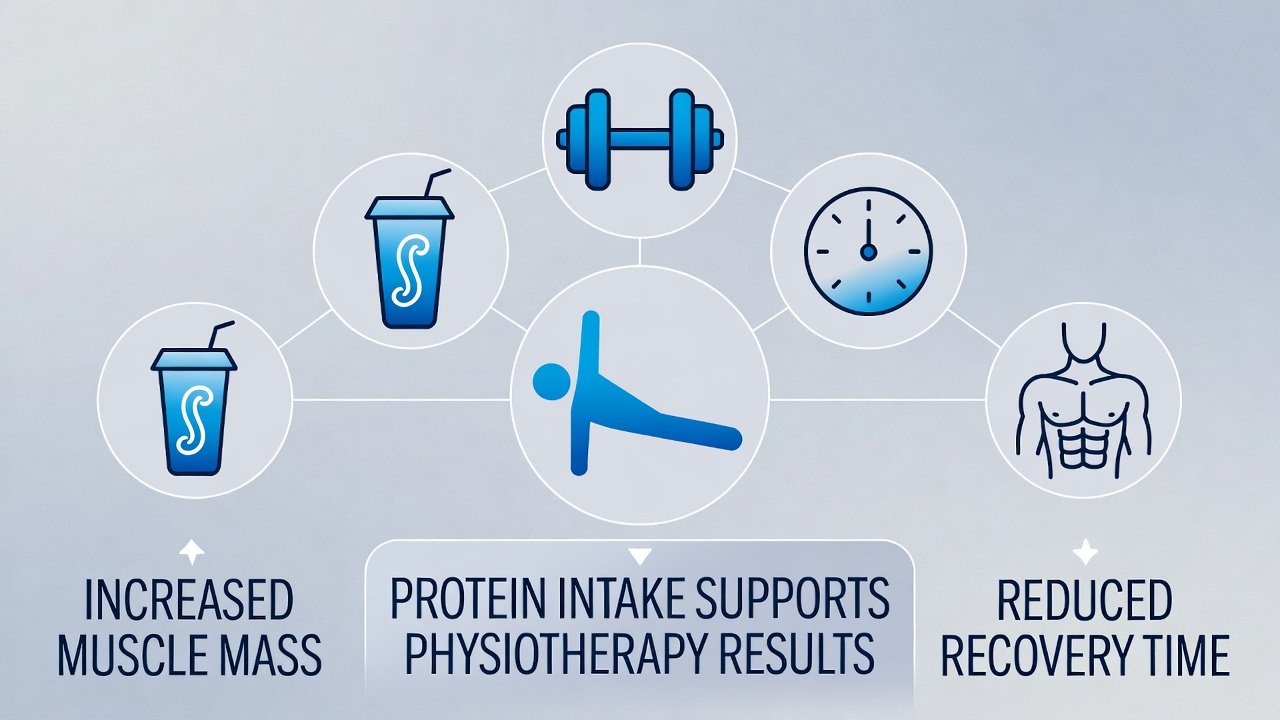Imagine working four hours a day, nine months a year, and earning all the money you need to do exactly what you want with your free time.
That’s how the average worker should be living now, according to predictions made a century ago. Despite the introduction of many labor-saving devices in the workplace and home, however, things haven’t really changed. Harvard economist Juliet Schor found, by the 1990s, that people were working one month more each year than they did 50 years ago.
It seems that whenever a new “labor-saving” product or service is developed, we use it so much that our workload actually increases. After all, wasn’t work supposed to be made easier by voicemail, fax machines, cell phones, and e-mail? On the contrary, many of us find we are constantly on call, frequently interrupted, and overwhelmed with communications. And our already-heavy workload hasn’t diminished.
For an employee, the consequences of this overload can be stress, burnout, and illness. For an employer, it can result in high turnover and poor performance.
Solving the Problem
Keep these specific tips in mind, both for yourself and those who work with you:
- Spend time working on important tasks. Many of us are tempted to work on easy tasks first so we can enjoy a sense of accomplishment. Time spent on simple tasks can create more stress, because the really important work gets pushed back.
- Start an activity log. Every time you begin and end a new project, make note of the time. Soon, you should be able to spot those little time-wasters that derail you.
- Set daily goals. When scheduling your day, assume that something unexpected will come up. Build in a cushion of time to deal with it.
- Avoid promising when tasks will be completed. If you must commit to a date or time, be conservative. If you consistently under promise or overdeliver, you will build a great reputation and reduce your stress.
- Always try to meet or exceed expectations, but do not fixate on perfection.
- When possible, delegate routine tasks.
Keep other basics in mind, too. Try your best to eliminate interruptions. Select a time of day when you will return phone calls and e-mails. Otherwise, let your voicemail take messages. You can also create an e-mail auto-reply to let people know their message has been received. If a brief e-mail says you will respond within 24 hours, it may deter someone from repeatedly trying to contact you.
Avoid letting other people’s problems become yours. Richard Carlson, author of Don’t Sweat the Small Stuff at Work, offers this advice: “If someone throws you the ball, you don’t have to catch it.” In other words, when someone comes to you with a problem, try limiting your contribution instead of taking on the task yourself.
When you are feeling overwhelmed, just say so. Don’t just get flustered–offer some possible solutions. These techniques may not guarantee the life of leisure envisioned by early futurists, but they can cut down on your stress and make work more manageable and enjoyable. Want access more articles and information? Click on one of the links to go to our other blogs or videos.
Please review our business at: Google Yelp Facebook
To learn more, please visit our Member’s Area to access our subscribed content.
Did you know you can work out and exercise with a trainer at your home, office, hotel room, or anywhere in the world with online personal training?
Like us on Facebook/Connect with us on LinkedIn/Follow us on Twitter
Make sure to forward this to friends and followers!






